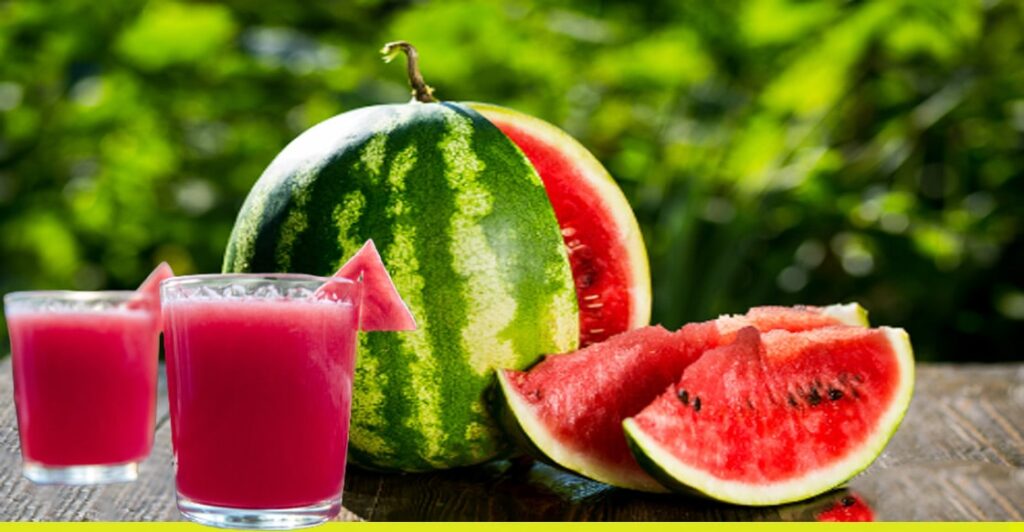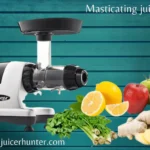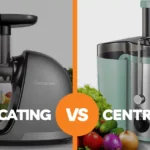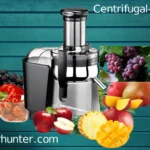People frequently feel intimidated when they see the broad range of juicers available. Best Juicer for celery primarily comes in two varieties. masticating and centrifugal juicers. Masticating juicers also go by the titles slow juicers and cold press juicers. The most popular kind of juicer is the centrifugal juicer. When used frequently Do centrifugal juicers ruin nutrition value?is one of the frequently asked concerns by those looking to begin juicing.
The response is: Certainly, centrifugal juicers produce less nutrient-dense juice than cold press juicers. The change isn’t substantial, though. Juice that has been cold-pressed typically has 15 percent more micronutrients.
Despite this, you ought to be able to buy a motorized mixer. Both varieties of juicers have benefits and drawbacks. I’ll demonstrate a few of them as I go through them right now and will make it easier for you to choose the best juicer for celery for your daily use.
Are centrifugal juicers capable of destroying nutrients?
Certainly, it has been proven that centrifugal juicers are entirely distinct from what are also referred to as masticating juicers. In terms of characteristics, structure, operation, and cost, slow juicers vary from centrifugal or fast juicers. The masticating juicers are expensive, lightweight, small, and silent yet in terms of design.
Centrifugal juicers do, however, operate differently from sluggish juicers. Slow juicers create 30% more juice, compared to the juicer’s 15% yield of healthy juice. In addition, because centrifugal juicers operate at the highest speeds, heat is generated inside the juicer, which promotes decomposition. Recognize that oxidation is a process that impacts the final product’s flavor and aroma when air is present. Thus, the juice created by the centrifugal juicer is foamy and oxidized and cannot be kept for an extended period of time, demonstrating that the juicer does impact the nutrients of the beverage.
How Do Centrifugal Juicers Operate?
A rapidly rotating metal blade is used in centrifugal juicers to chop up vegetables and fruits. It spins at a pace of 3,000 to 22,000 Revolutions per minute ( rpm) based on the juicer. Centrifugal force is used by the juicing strainer to separate the liquid from the sediment after the fruits and veggies are pressed against it. similar to how a laundry machine operates. The juicing sieve has teeny microscopic openings through which the juice flows. The pulp accumulates in the sieve while the juice is gathered in a receptacle. You will need to cease using a very inexpensive juicer every two cups of drink to clear it out.

Pros and cons of a centrifugal juicer
The following information will help you decide whether or not to choose centrifugal juicers now that you have a better understanding of them.
Advantages
Centrifugal juicers constitute the most common option and are thus widely accessible. You locate them at each and every retail and electronic shop. The majority of juicers are simple to use, and cleaning is a snap. In most instances, centrifugal juicers have fewer features than cold press juicers. You can typically put all the parts in the dishwasher for simple cleanup. Because they are so widely accessible, centrifugal juicers appear to be less costly compared to other kinds of juicers. It’s the ideal juicer for starters.
Furthermore, juice production is quicker compared to a cold press juicer. It’s why cold press juicers also are dubbed slow juicers. Pick a centrifugal blender with a broad-opening food chute. It cuts down on time spent cooking, as you can input whole fruits.
Drawbacks
Centrifugal juicers have a few drawbacks as well. Leafy vegetables like kale, greens, or cabbage can be juiced using centrifugal juicers, but they do so much less effective. You should think about purchasing a cold press blender if you frequently juice wheatgrass, cilantro, or mint. Using a mechanical blender will yield almost no juice. In general, cold press juicers are more effective at extracting juice than mechanical juicers. My cold press juicer’s puree is never as moist as my centrifugal juicer. You will always get less juice from the fruits and veggies you add to your juicer.
Centrifugal juicers are loud because of how quickly they revolve. Additionally, the fast-spinning blades add more air to the liquid while also generating more heat and contact. The juice will oxidize more quickly the more oxygen it is subjected to. The juice spoils more rapidly as a result of the decomposition process, which also removes some of the vitamins and minerals.
Some of the micronutrients are also lost during the juicing procedure with centrifugal juicers. A cold press blender might be a better option if you regularly juice large quantities of organic fruit.

Which juicer retains the most nutrients?
As opposed to centrifugal juicers, masticating juicers unquestionably have the ability to keep the most nutrition in the juice. Despite being pricey, these juicers are worthwhile purchases because of their sluggish masticating technology. The juicer runs at moderate RPMs, which reduces heat and stops the juice from oxidizing. As a result, the finished goods are anti-oxidized, less foamy, and fresh. It suggests that storing the extractor for a long time won’t greatly impact the purity of the nutrients.
Which juicer is best for nutrients among all – Final Thought
Depending on how much liquid you consume. Masticating juicers are the ideal choice if you are interested in leading a healthy lifestyle. Despite being seasoned, these juicers are worthwhile purchasing due to their low-speed masticating technology. Because of its design and features, you can get anti-oxidized juice with the most nutrients possible, which you can also keep for an extended period of time.
However, the information listed above is provided for your convenience; review the specifics and make your own decision regarding which blender is ideal for you.






